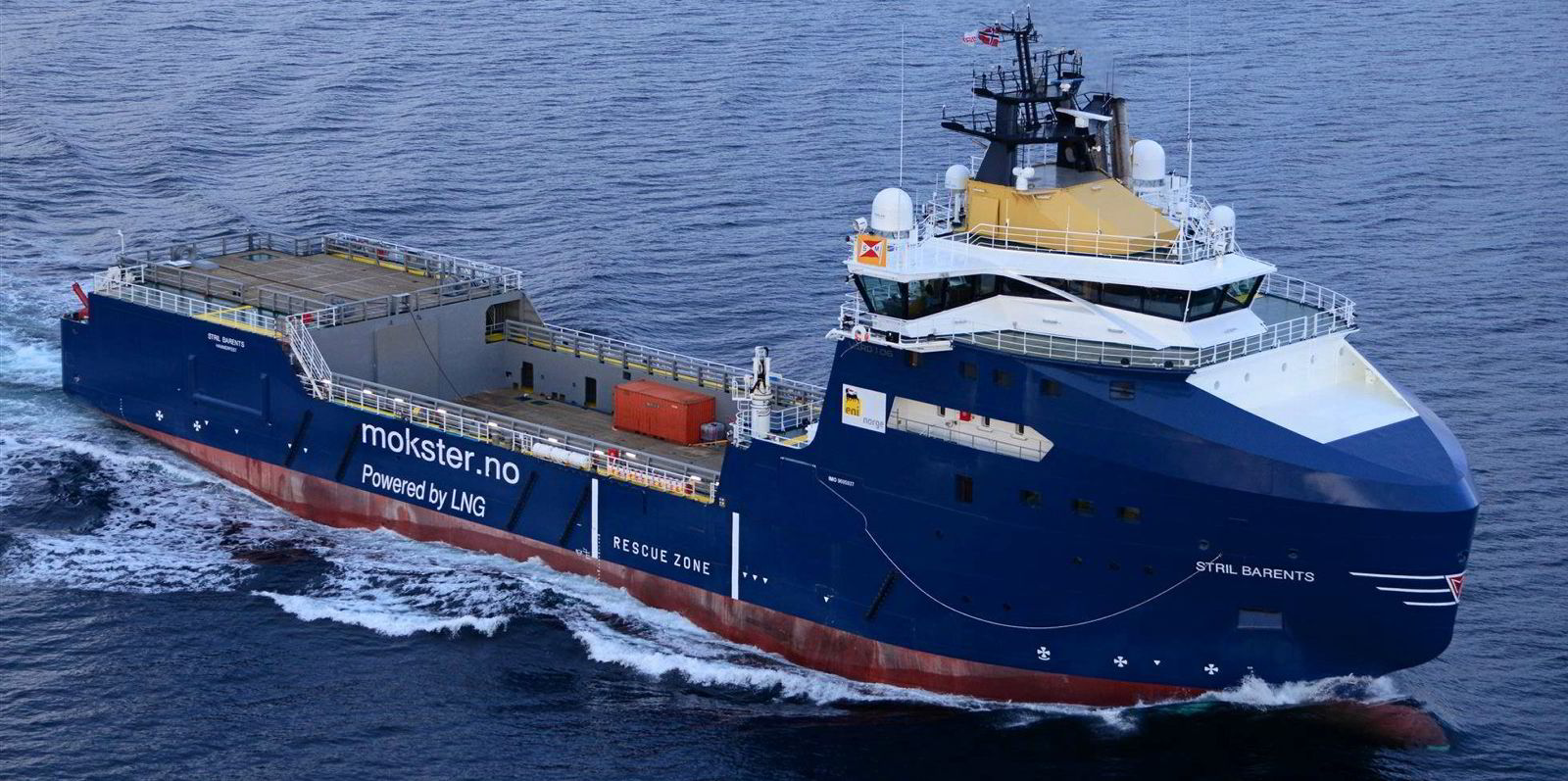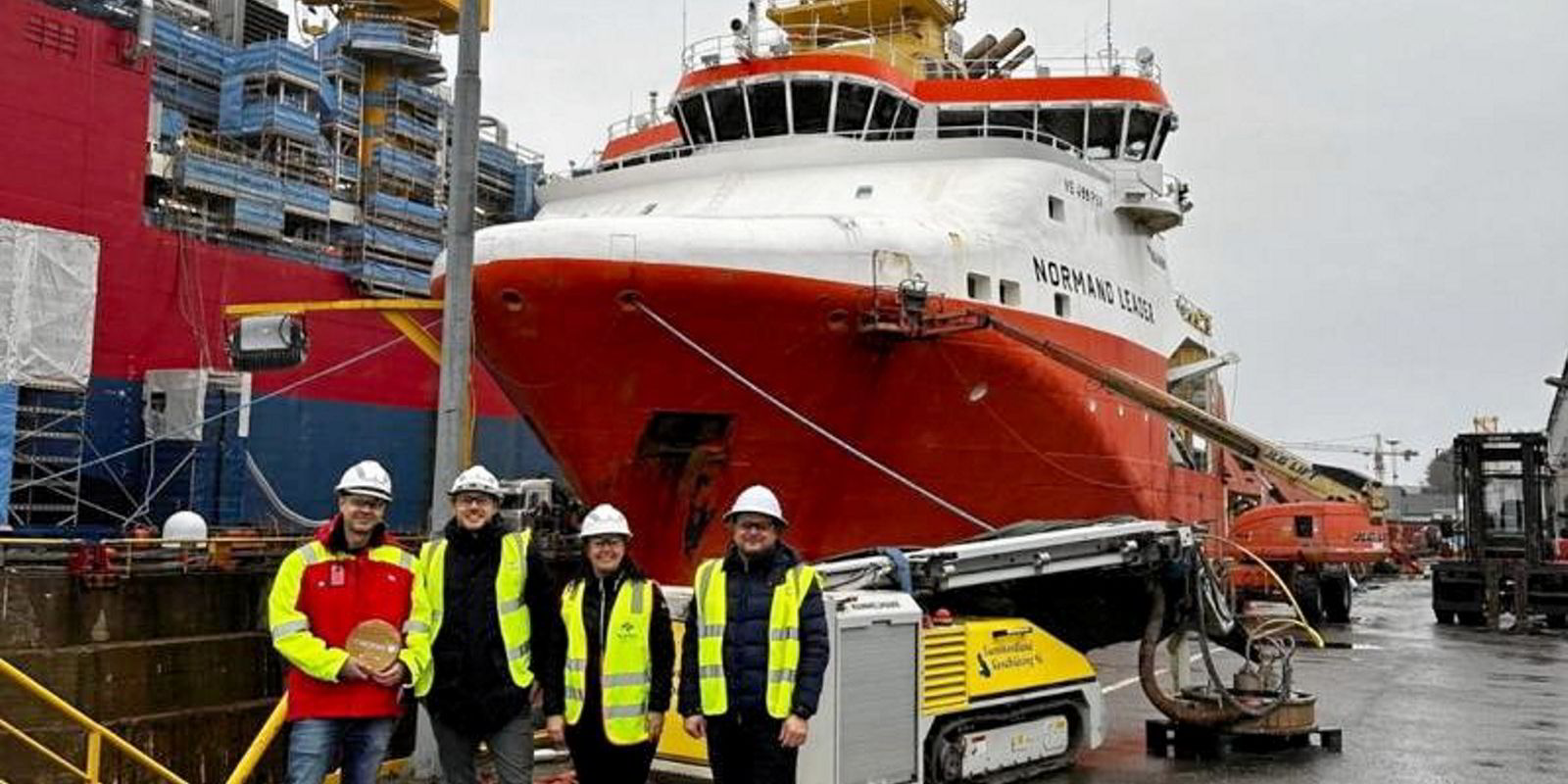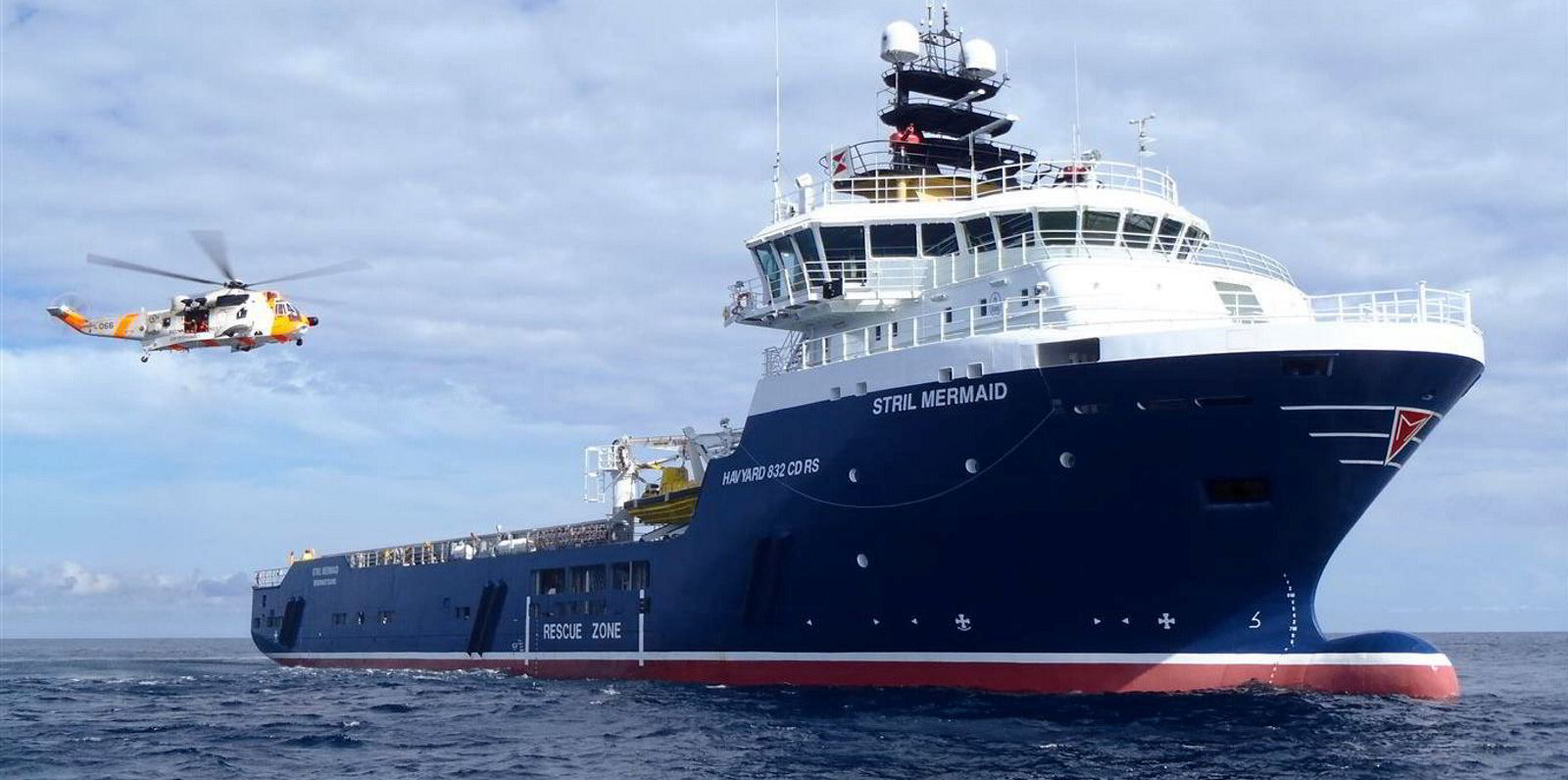Eight major offshore support vessel owners have been able to slash 10,000 tonnes of C02 emissions over a two-month trial period by sharing operational data.
The ambitious campaign, which involved over 130 vessels was initiated by private equity-backed data and fuels specialist VPS.
Shipowners participating in the project comprised Solstad Offshore, Simon Mokster Shipping, Boskalis Offshore Energy, Rem Offshore, Tidewater, Skansi Offshore, North Sea Shipping and DOF.
VPS’ Maress digital management system for data-driven decarbonisation was used by all participating companies and vessels to track the emissions and efficiency of the vessels during the campaign.
“The results achieved are proof that industry-wide collaboration is an imperative part of the path towards meeting the industry emission reduction targets,” said VPS.
It said the underlying idea behind the initiative was to show by example what is possible to achieve by collaborating and sharing non-competitive data in the spirit of reducing as much emissions as possible.
“Some participants referred to the campaign as a friendly competition between vessels across the different companies’ fleets,” VPS said.
“As the heart of change beats within the vessels themselves, all change starts with the highly competent crews.”
Tom Karlsen, technical manager at Simon Mokster Shipping commented: “If we as a vessel owner are to succeed in reaching our emission goals, we need to ensure that everyone is involved. The most important piece of the puzzle -by far- is the people working onboard the vessels.”
Sindre Stemshaug Bornstein, vice-president of commercial decarbonisation at VPS said: “Often, emission reductions in the industry are being discussed on an almost abstract level, but the truth of the matter is that most operational emission reductions are a direct result of the decisions made by the people out there operating the vessel.
“When the crews are provided quality data on vessel efficiency and emissions to support their experience-based decisions it directly leads to savings,” he said.
Bornstein said a common theme among the vessel owners and crews participating in the campaign was the strong focus on operational efficiency and keeping the emissions at a minimum.
“With solutions like Maress in place the vessel owners ensure that everyone involved in the operations have access to the right data and analytics that help support this focus,” he said.
“This, in turn, underpins a culture where everyone in the company takes pride in contributing towards emission targets.
“Campaigns like this are proof that decarbonisation is a topic that unites - and something that crews, shore personnel, and charterers can rally around,” he added.
VPS said that more than 50 of the participating vessels saw emission reductions of more than 10% compared to the previous performance.
Some vessels were even able to achieve improvements of over 20% in certain parts of the operations.
Solstad Offshore’s construction support vessel Normand Frontier (built 2014) was the subsea vessel that achieved the biggest percentage improvement during the campaign.
Among the platform supply vessels, it was Mokster Shipping’s Stril Barents (built 2015) that had the most savings compared to its own baseline, while in the anchor handling space, DOF’s Skandi Atlantic (built 2012) stood out as the most improved.
“The great performance from the crew onboard these vessels demonstrates the excellent work our people do on the vessels every day to help us reach our common decarbonization goals,” said Marianne Mokster, executive vice president for sustainability at DOF.
“We participated in the campaign with 14 vessels, and a key aspect for us is to focus on emission reductions while maintaining the safety of the operations. Having high-quality data and decision support is an enabler to achieve these emission savings”.
Solstad Offshore’s chief sustainability officer, Tor Inge Dale concluded: “We strive to stay at the forefront of the industry’s change towards more sustainable operations, and we firmly believe in collaboration in combination with powerful digital tools such as Maress to facilitate just the kind of benchmarking to make this happen.
“We’ll be ready for the next campaign, and hopefully with friendly competition against even more vessels and companies wanting to be part of the change”.





